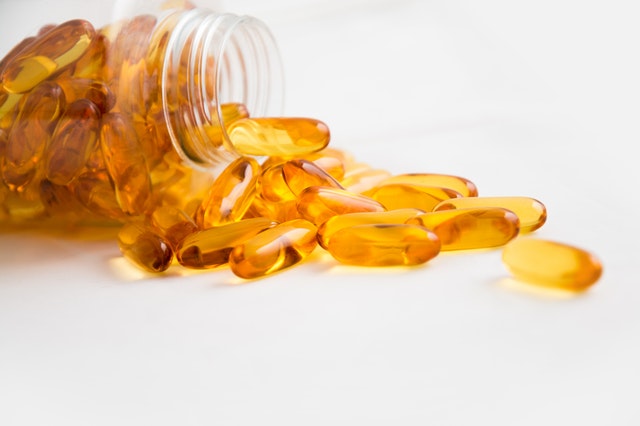Tips to Achieve a Younger Looking Skin

That’s why a healthy diet is important to help you give the best of yourself. A diet rich in additives, dyes, sugars, and other supplements can have devastating effects on the intestines and increase the likelihood of developing skin problems such as acne.
So, if you have a diet plan that does not provide your body with the perfect nutrients to keep your bowels happy, no matter how often you moisturize, exfoliate or make your face, it is unlikely that your skin will become the best it can be. To know more tips about healthy skin, visit evolutionofbodybuilding.net.
Eat Plant-Based Foods

You may wonder what fermented foods have to do with the epidermis. However, the theory suggests that stress on the human body or brain could lead to an imbalance in intestinal bacteria. As a result, many people overlook all the health benefits that fruits and vegetables can provide. In addition to their anti-inflammatory properties, fruits and vegetables are also rich in fiber, which slows digestion, helping the body absorb more nutrients from its food.
Fiber can help you feel fuller for longer after eating, which can help lose weight and control blood sugar levels. Because type 2 diabetes is called an inflammatory disease, reducing the chance of getting diabetes can also reduce inflammation in the body, allowing the skin. You need to eat various vegetables and fruits of different colors, as each color can produce a variety of antioxidants with other health benefits.
Take Supplements

If you can’t find all of your daily nutrients in the foods you eat, choose a dietary supplement to fill these important nutritional gaps. Because of the very low consumption of fruits and vegetables across the country, an antioxidant, nutritional supplement can help build the anti-inflammatory defenses needed for optimal skin and body health.
An excellent example of an over-the-counter supplement that you can try is Anirva’s Inner Radiance. It contains antioxidants such as lutein, lycopene, beta-carotene, and curcumin. These anti-inflammatory and antioxidant nutrients can help reduce the risk of inflammation in the body. They can also reduce the risk of inflammatory skin diseases such as psoriasis, eczema, atopic dermatitis, and psoriasis.
Limit Processed Foods
In foods with additives such as sodium, sugars can be used together with various additives and stabilizers to make things last longer. It is precisely these additives that can be harmful to the skin. Research shows that consuming excessive amounts of sugar in the diet can promote Advanced Glycation End Products (AGE), reducing skin elasticity.
Not only that, but the consumption of many processed foods has been associated with a low intake of dietary fiber, potassium, protein, essential vitamins, and minerals, and increased sugar intake. This minimal intake of important nutrients could negatively affect overall health, such as an increased risk of cardiovascular disease, diabetes, and cancer.
Drink More Water
Drinking more water than you should drink may not have much effect on the skin. Water also helps to eliminate toxins from the body. So if you don’t drink enough, these toxins can settle in the intestines and cause skin health problems. Research shows that an imbalance in the gut can increase inflammation of the skin. Recommended water intake depends on several factors, such as body weight, activity level, amount of sweat, and amount of water you drink.…

